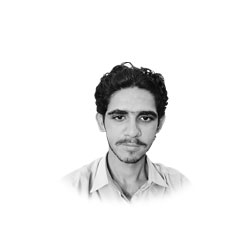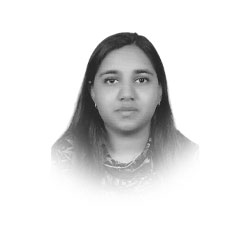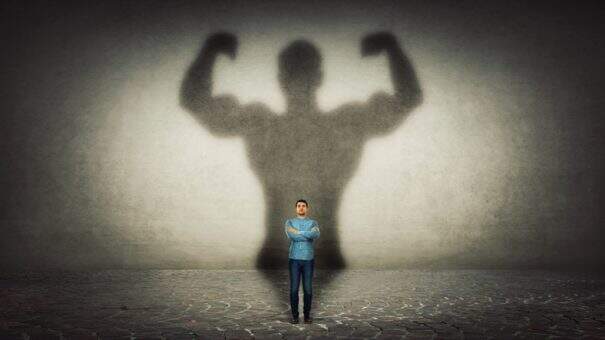By: Insaf Ali Bangwar
It is farcical if one talks about the due rights and standardized life standards of rural areas of the country. Our state, with a legacy of the colonial psyche, remained reluctant to play a role in the betterment of areas that come under intoxicated feudalism. Of course, feudalistic and patriarchal mindsets prevailing/reigning in the county, particularly in rural areas, are post-colonial traits.
In the past seven and a half decades a couple of generations came and went sans any basic privilege a democratic country provides owing to the intoxicated feudalistic culture which recently also took the shape of politics. For now, the miseries people face in that areas, hold politicians in the shape of feudal accountable since the 21st century cannot let a feudal do unjust to others, as politicians do.
The reigns of feudalistic deep-rooted culture have already left people from hand to mouth, let alone other facilities in this globalized world. Under this patriarchal hierarchy, even the state does not bother to break its chains leaving people at the mercy of none.
The country has left a large extent of its population in hands of feudalism who do unjust for their heart’s content and still walk scot-free. As we have seen in the case of Nazim Jokhio. Generations have gone, and generations are still suffering in silence following the feudalistic canker. Before them, even the state seems helpless. Thus no respite being in sight.
Some feudal want afloat on the miseries of others’ since nothing is in progress which can harm their primitive culture of looting, for example, education. Education is the most affected subject in rural areas across all the provinces of the country. According to Unicef 22.8 million children of the five-to-16-years age group, most of whom are from rural areas, remain out of school. And, given the relationship between illiteracy and poverty, data from the Borgen Project shows that rural poverty in Pakistan is at a disturbing 54.6pc compared to urban poverty, which is a mere 9.3pc.
The individual treatment of the areas, especially women, meet the same fate of primitive times — sub-humans. For years women of Pakistan have been tortured, honor-killed, maimed, and converted, still remaining a prisoner of four walls. In the 21st century, a ray of hope rose in the wake of educating women, the news reports from unsafe campuses have been shunning this ray.
The justice system is based on the _jirgas_. Thus, it even doesn’t match the primitive justice system of ancient ruler Hammurabi’s code which is based on _eye for an eye_. Already systemically miserable, the recent floods have left nothing but some breaths. The once-given project —life— is passing serving like a slave in the democratic society of the 21st century.
Patronage and kinship are what Pakistani politics are comprised of, will they play a role in getting this intoxicated system rid of? Have they ever tried to do so? No! Since they are interlinked for the vote bank. The rural people are alive merely for casting votes in favour of prolonging feudal reigns.
It is a ground reality that our daily routines influence the lives of people and other species halfway through the world, and some personal indications can unexpectedly set the whole world ablaze, as happened which the self-immolation of Muhammad Bouazizi in Tunisia, which ignited the Arab Spring, and with the women who shared their stories of sexual harassment and sparked the #MeToo movement. Then, why after many Bouazizi and Mahsa Amini there is no revolution for the betterment of individual life?
The writer is a freelancer. He tweets @insafalibangwar



